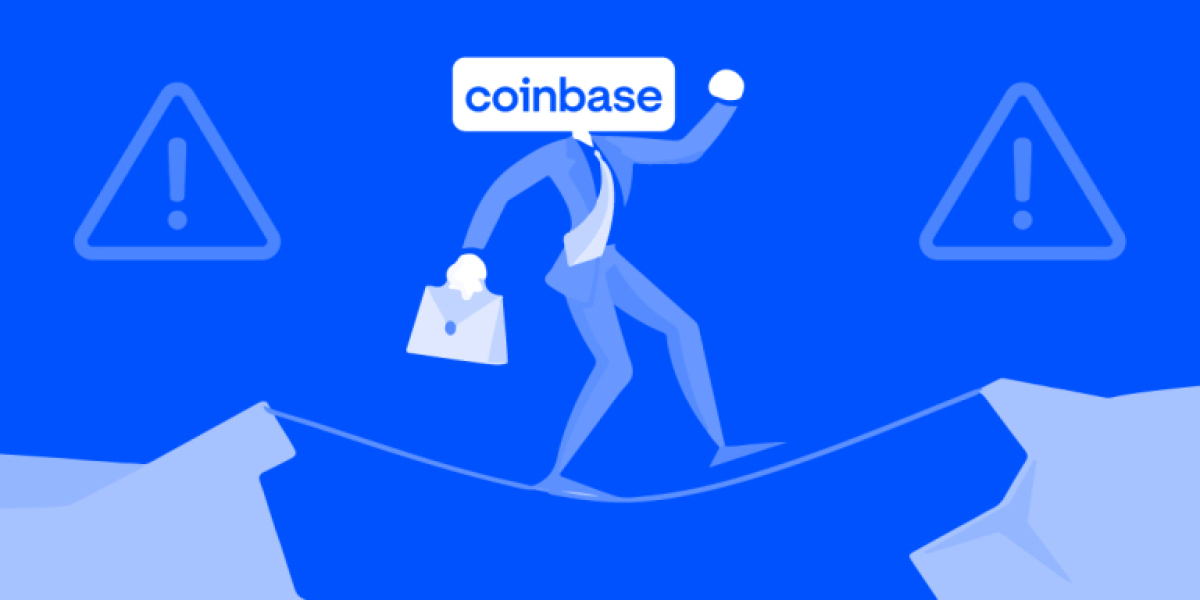Epic Games, the renowned creator of the popular video game Fortnite, has initiated a legal confrontation against tech giant Google in a San Francisco court. The case revolves around allegations of monopolistic behavior, with Epic Games accusing Google of enforcing a steep 30% commission on in-app purchases made via the Google Play store. A trial with such high stakes has the potential to significantly impact the landscape of app distribution and payment systems.
Epic Games has vehemently criticized Google for supposedly reneging on its iconic “Don’t be Evil” slogan, which the company had espoused since its inception in 1998. According to Epic Games, Google’s imposition of the 30% commission directly contradicts the principles it once championed, effectively monopolizing the app market. The firm contends that Google’s actions have curtailed fair competition and hindered the growth of alternative app distribution methods, impeding the progress of smaller developers in the industry.
Counterarguments from google
In response, Google has maintained that numerous avenues exist for users to access and download apps on Android devices, highlighting the diversity of options available beyond the Google Play store. Google has consistently refuted allegations of monopolistic behavior, underscoring the competitive landscape in which it operates, particularly in contrast to its main competitor, Apple. The tech giant has emphasized the inherent versatility of the Android platform, emphasizing that it remains the sole major mobile system that allows developers multiple means of distributing their applications.
This legal dispute marks an escalation in the ongoing anti-trust battle against Google, as the company currently faces another legal challenge in Washington. The US Justice Department has accused Google of maintaining an unlawful monopoly over search services. The culmination of these legal battles could significantly impact the future regulations and practices within the tech industry, with implications for both developers and consumers alike.
Echoes of past litigation
Notably, Epic’s current allegations against Google bear striking resemblance to the legal battle the gaming company previously waged against Apple in 2021. The 2020 case involved Epic Games withdrawing Fortnite from both the Google Play store and Apple’s App Store, citing the exorbitant charges as burdensome “taxes” on developers. Although the judge dismissed the notion of Apple as a monopoly, the ruling did permit applications to redirect users away from Apple’s in-app payment system, providing a potential precedent for the current legal tussle with Google.
Clash of perspectives
Epic Games maintains that Google has unduly stifled competition in Android app distribution by imposing a variety of contractual and technical obstacles. On the other hand, Google contends that the Android platform fosters a more competitive environment for app developers compared to other operating systems, emphasizing the multiple channels available for app distribution. The clash of perspectives reflects the complex web of concerns surrounding fair market practices and the distribution of digital products in the evolving tech landscape.
This high-profile legal battle underscores the critical importance of fair competition and transparent practices within the digital marketplace. The outcome of this case is poised to shape the trajectory of app distribution and payment systems, setting potentially far-reaching precedents for the tech industry as a whole. As the trial unfolds, the world eagerly awaits the resolution of this significant clash between two industry giants.







